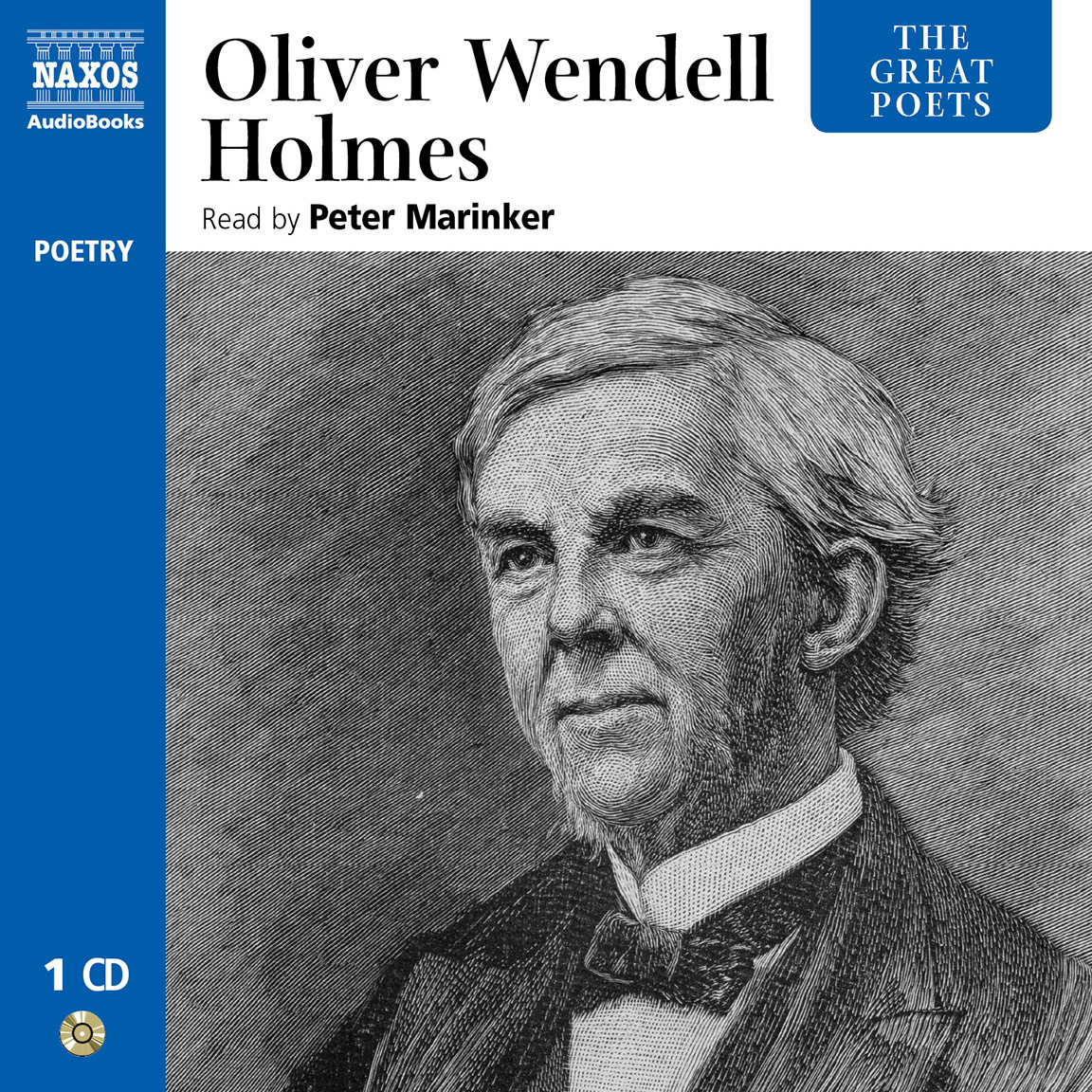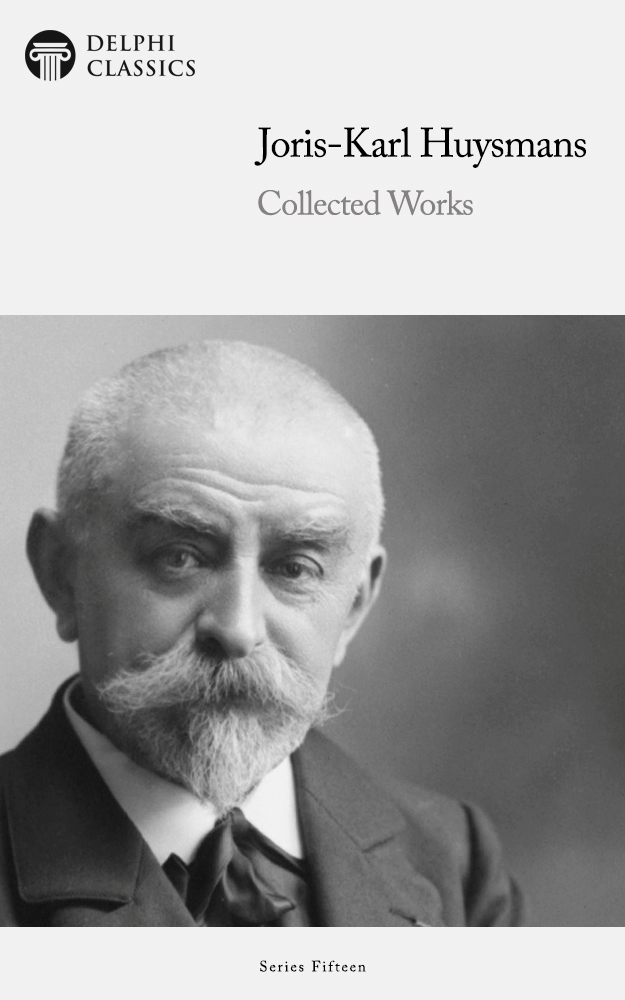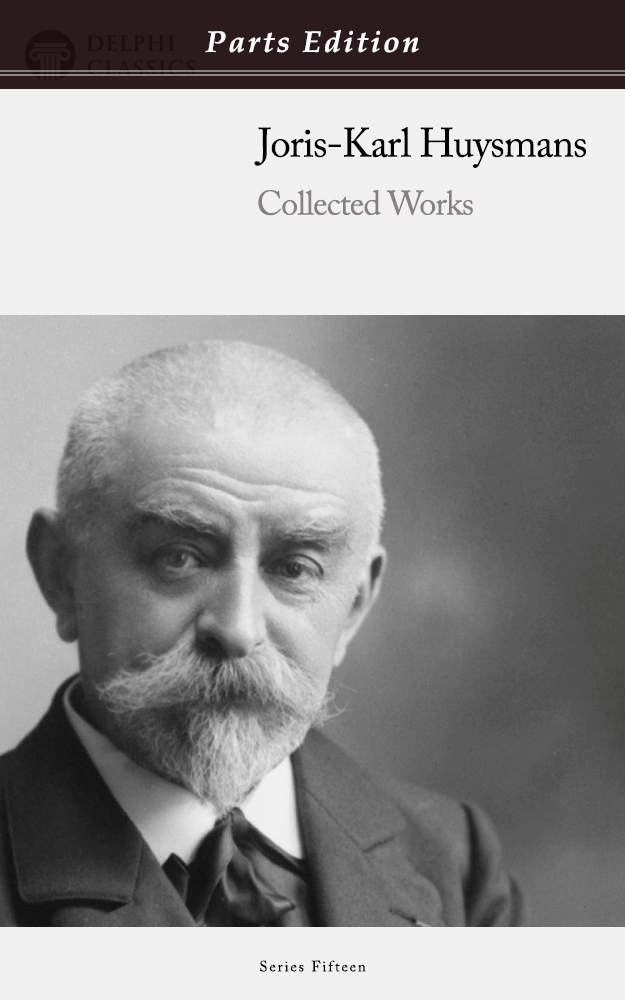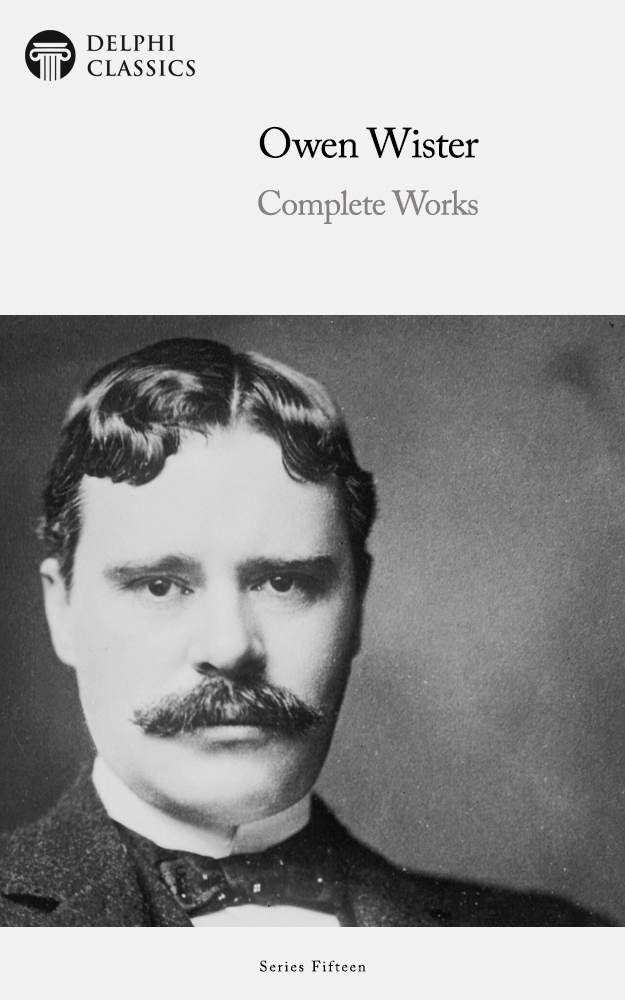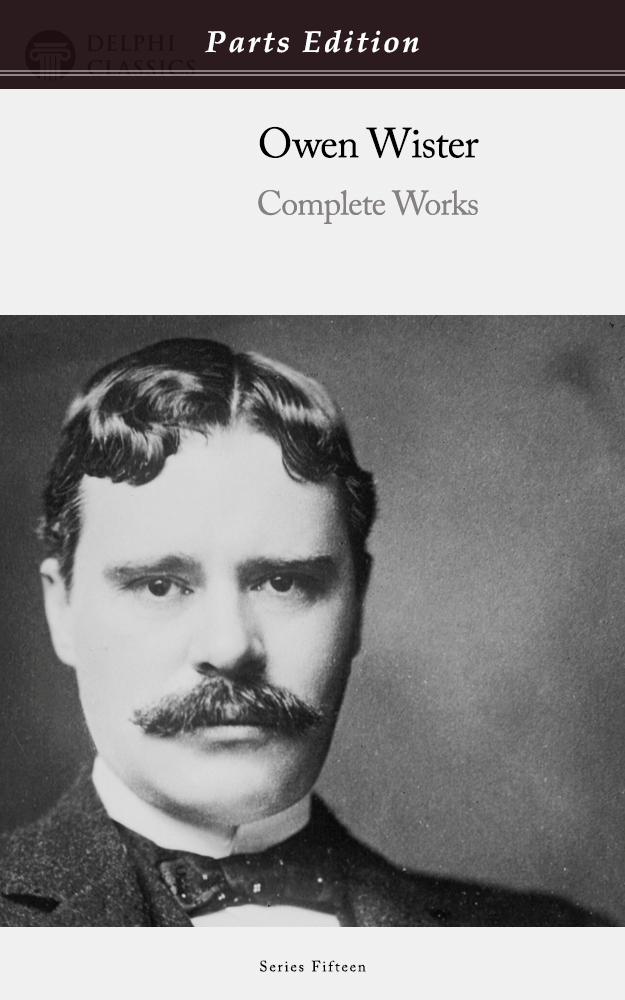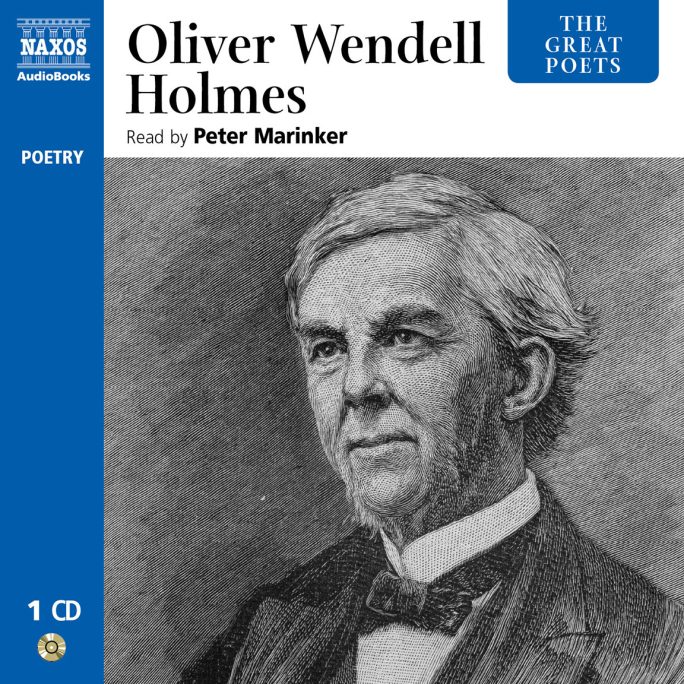The Great Poets – Oliver Wendell Holmes
$ 9.50
Though by profession a doctor (he coined the word anesthesia) Oliver Wendell Holmes (1809-1894) was one of the leading 19th century American poets and a member of the famous Saturday Club with Emerson, Longfellow and Lowell. 2009 is the 200th anniversary of his birth. Here are his major poems, including Old Ironsides and The Last Leaf in a rare audiobook collection read affectingly by Peter Marinker.
Audiobook Details:
Author: Oliver Wendell HolmesRead by: Peter Marinker
Audiobook Type: selections
Publisher: Naxos Audiobooks
Running time (hh:mm:ss): 01:17:06
Download size: 26 MB
ISBN: 9789629548469
About the Reader
| Peter Marinker Peter Marinker was performing Beckett's poetry, in the west of Ireland for publisher, John Calder in 2002 when they decided to form The Godot Company. He played Vladimir in their production of Waiting for Godot, Mr. Rooney in All That Fall at BAC, A Piece of Monologue at the Traverse, Edinburgh. Other roles include: Hickey in O'Neil's The Iceman Cometh, The Man in Edward Bond's Have I None and Sleen in Howard Barker's Early hours of a Reviled Man. Film work includes Flight 93, Love Actually, Event Horizon, Judge Dredd, and The Emerald Forest. |
Reviews for this Audiobook:
Oliver Wendell Holmes (1809?94), by profession a doctor and once up there with Longfellow and Lowell, has a strong line in patriotism and rousing rhythms: ?Nerveless the iron hand/ Raised for its native land.? He?s homely and romantic too, praising nature and ?Yankee girls? and seeing majesty in a caged lion. Rachel Redford, The Observer
Fashions change in poetry just as they do in music or clothes. Once, Oliver Wendell Holmes was all the rage, and counted Poe and Lincoln among his admirers. Now, except perhaps for Old Ironsides and The Chambered Nautilus, he is remembered mostly as the father of the Supreme Court justice. Often witty, rarely personal, Holmes?s poetry has passed into the realm of the specialist and historian. Yet in Peter Marinker?s sensitive readings, the many charms of these poems emerge. Marinker lets the meter and rhyme stand on their own, speaking in sentences rather than forcing the lines and respecting the sentiment without falling into sentimentality. D.M.H., AudioFile Magazine

